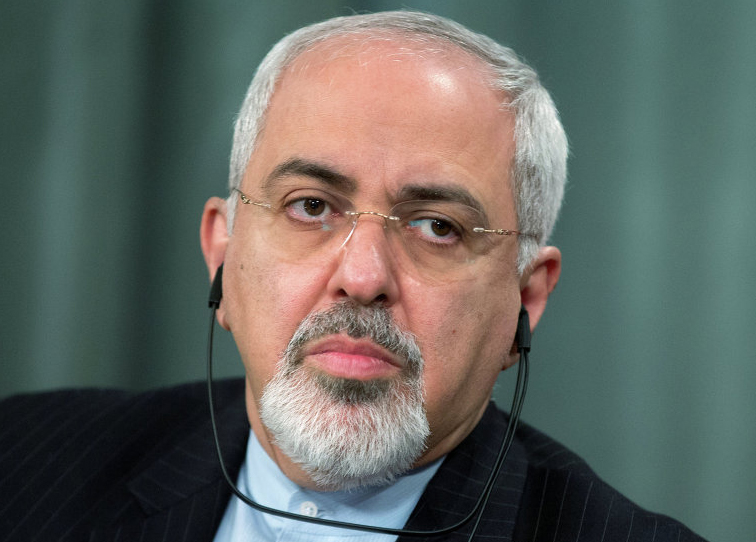Iran's Foreign Minister Mohammad Javad Zarif has emphasized on the need for consultation with Pakistan over developments in the region, Press TV reported.
"We believe that to resolve the problems in the region consultations should be held with Pakistan," Zarif said on Wednesday after arriving in the Pakistani capital of Islamabad at the head of a delegation on a two-day official visit.
The Islamic Republic of Iran attaches special significance to the role of Pakistan in the region, Zarif said, adding, "Iran seeks peace and stability in the region."
"Today, both Iran and Pakistan are exposed to extremism and terrorism," the Iranian foreign minister added, pointing to a terrorist attack in the southeastern part of Iran near the border with Pakistan which led to the death of eight Iranian border guards.
The eight were killed in a border area in the southeastern town of Negur on Monday when clashes broke out with terrorists who had entered Iran via the Pakistani border, according to Sistan-Baluchestan Deputy Governor Ali Asghar Mirshekari.
During his stay in Pakistan Zarif will meet with senior Pakistani officials including his counterpart, Sartaj Aziz, and Pakistani Prime Minister Nawaz Sharif.
Discussions on the crisis in Yemen and on ways to expand economic relations between the neighboring countries are expected in the meetings between the Iranian and Pakistani officials.
Before his trip to Pakistan, Zarif paid a visit to Oman where he visited Omani officials including his counterpart, Yusuf bin Alawi.
Zarif and Alawi discussed regional issues, including the ongoing crisis in Yemen.
The Iranian foreign minister voiced Iran's deep concern about the humanitarian situation in Yemen and highlighted the necessity of taking actions to prevent the escalation of the conflict.
More than 540 people have been killed and an estimated 100,000 people have been displaced across Yemen since Saudi Arabia launched its military aggression on March 26.
Riyadh's attack, which was launched without a UN mandate, was meant to undermine the ruling Ansarullah movement and restore power to the country's fugitive former president, Abd Rabbuh Mansur Hadi.






